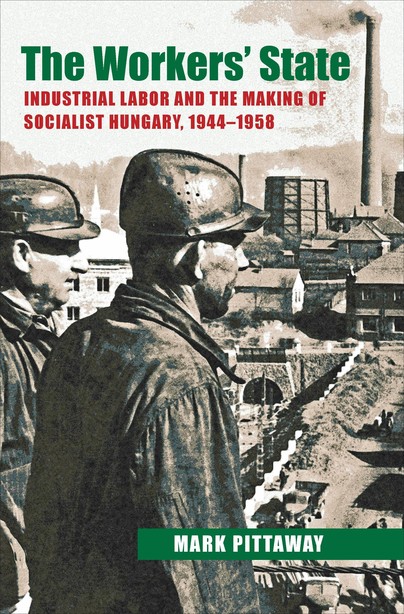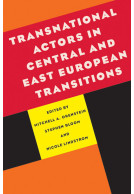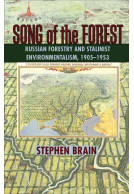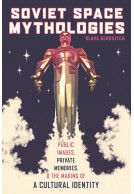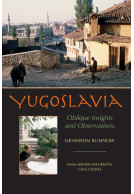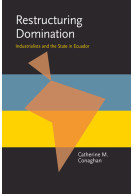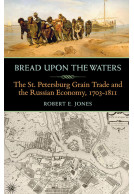Google Books previews are unavailable because you have chosen to turn off third party cookies for enhanced content. Visit our cookies page to review your cookie settings.
The Workers' State (Hardback)
Industrial Labor and the Making of Socialist Hungary, 1944–1958
Imprint: University of Pittsburgh Press
Series: Russian and East European Studies
Pages: 400
ISBN: 9780822944201
Published: 28th October 2012
Script Academic
Series: Russian and East European Studies
Pages: 400
ISBN: 9780822944201
Published: 28th October 2012
Script Academic
You'll be £45.00 closer to your next £10.00 credit when you purchase The Workers' State. What's this?
+£4.99 UK Delivery or free UK delivery if order is over £40
(click here for international delivery rates)
Order within the next 5 hours, 32 minutes to get your order processed the next working day!
Need a currency converter? Check XE.com for live rates
(click here for international delivery rates)
Order within the next 5 hours, 32 minutes to get your order processed the next working day!
Need a currency converter? Check XE.com for live rates
In 1956, Hungarian workers joined students on the streets to protest years of wage and benefit cuts enacted by the Communist regime. Although quickly suppressed by Soviet forces, the uprising led to changes in party leadership and conciliatory measures that would influence labor politics for the next thirty years. In The Workers' State, Mark Pittaway presents a groundbreaking study of the complexities of the Hungarian working class, its relationship to the Communist Party, and its major political role during the foundational period of socialism (1944-1958). Through case studies of three industrial centers—Ujpest, Tatabanya, and Zala County—Pittaway analyzes the dynamics of gender, class, generation, skill level, and rural versus urban location, to reveal the embedded hierarchies within Hungarian labor. He further demonstrates how industries themselves, from oil and mining to armaments and textiles, possessed their own unique labor subcultures. From the outset, the socialist state won favor with many workers, as they had grown weary of the disparity and oppression of class systems under fascism. By the early 1950s, however, a gap between the aspirations of labor and the goals of the state began to widen. In the Stalinist drive toward industrialization, stepped up production measures, shortages of goods and housing, wage and benefit cuts, and suppression became widespread. Many histories of this period have focused on Communist terror tactics and the brutal suppression of a pliant population. In contrast, Pittaway's social chronicle sheds new light on working-class structures and the determination of labor to pursue its own interests and affect change in the face of oppression. It also offers new understandings of the role of labor and the importance of local histories in Eastern Europe under communism.
Other titles in the series...
Other titles in University of Pittsburgh Press...







